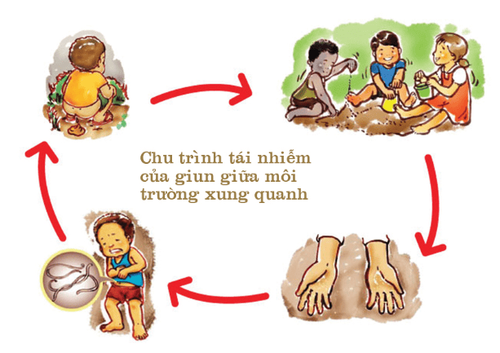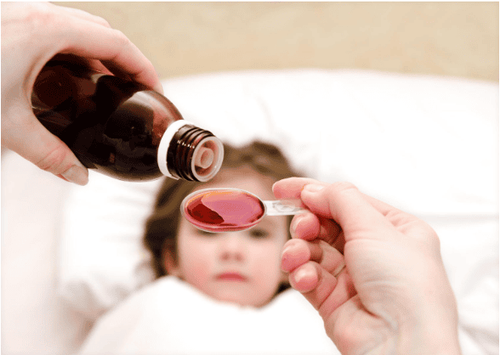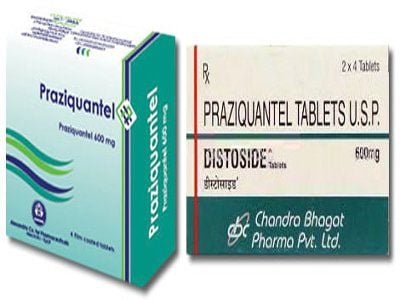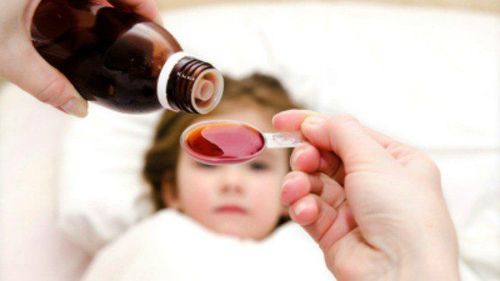This article is professionally consulted by MSc., Dr. Huỳnh Bảo Toàn - Pediatrician - Neonatologist - Department of Pediatrics - Neonatology - Vinmec Nha Trang International General Hospital. With 13 years of experience in Pediatrics and many years working at Children's Hospital 1 in Ho Chi Minh City, he has strong expertise in treating endocrine diseases, pediatric nephrology, and neonatal care.
Intestinal worm infections are currently common in children. The consequences of these infections include poor appetite, slow growth, malnutrition, anemia, and even death due to complications. Abdominal pain caused by worms is a typical sign that helps identify and effectively treat this condition.
1. How do worms enter a child’s body?
Worms are parasites that primarily live in the intestines. Pinworms can easily spread from person to person through the accidental ingestion of contaminated materials. Hookworms, roundworms, and tapeworms can enter the body through contact with soil contaminated by the feces of animals or humans. Additionally, people can become infected by consuming food that contains tapeworm eggs or larvae, such as undercooked pork or beef.

2. Common types of worms in children
• Roundworms: These parasites reside in the small intestine. Female roundworms lay eggs that exit the body with feces, contaminating soil and water. The eggs can enter the human body through contaminated food or water, develop in the intestines, and mature into adult worms. Complications include intestinal blockage, liver abscesses, and migration of worms into the bile ducts.
• Pinworms: Pinworms initially inhabit the small intestine but later move to the large intestine. Female pinworms lay eggs around the anus, causing itching. The eggs can spread from the anus to the mouth through hands, clothing, and other materials. Once ingested, the eggs hatch and develop into adult pinworms in the intestines.
• Hookworms: These worms live in the duodenum, where they attach to the intestinal lining and feed on blood. Female hookworms lay eggs that are excreted in feces and hatch into larvae. Infection occurs when larvae enter the body through contaminated soil or by consuming raw vegetables or food with dirty hands.
• Whipworms: These parasites reside in the large intestine. Infection occurs by ingesting whipworm eggs through contaminated food or water. Once inside the intestines, the eggs hatch and mature into adult worms.
3. Symptoms of worm infections in children

• Worm infections in children can cause periumbilical abdominal pain, a distended abdomen, a thin body, and symptoms such as vomiting or passing worms in the stool. Worm-induced abdominal pain often recurs multiple times.
• Children with worm infections typically experience difficulty sleeping, occasionally bedwetting, and may be irritable or cry due to anal itching at night.
• They often suffer from digestive disturbances, with stools that can vary from solid to loose. Pinworms may be visible around the anus or in the stool.
• Infected children may also show signs of poor appetite
• They may also show signs of discomfort and changes in daily activities.
• Girls might experience redness and itching around the vaginal area.
• There can be symptoms of vitamin and mineral deficiencies.
• The presence of blood in the stool, signs of anemia, or breathing difficulties such as wheezing and dry cough.
A stool test can reveal the presence of worm eggs. In cases of heavy roundworm infestations, ultrasound imaging may detect the worms.
4. Treating abdominal pain caused by worms in children

To alleviate abdominal pain caused by worms in children, parents need to effectively prevent and treat worm infections. Here are some useful tips:
• Deworm your child if stool tests show a significant number of worm eggs or if the child exhibits symptoms such as passing worms in stool, vomiting worms, or experiencing anal itching.
• Use deworming medications that are effective against multiple types of worms, are less toxic, and have minimal side effects. Deworming does not require the child to fast beforehand. It is advisable to deworm children regularly: every six months or once a year for children over 2 years old. Nowadays, children over 1 year old can also be regularly dewormed, and some medications are suitable for children over 6 months old. Consult a doctor for more specific guidance.
• To prevent worm infections, family members should wash their hands thoroughly with soap before eating and after using the toilet. Ensure that food is cooked properly and water is boiled before drinking. Avoid walking barefoot to prevent hookworm larvae from penetrating the skin; do not allow children to crawl on the ground; and discourage nail-biting.
• If a child develops complications such as worms migrating into the bile ducts, liver abscesses, bile duct infections, intestinal obstruction due to worms, or infections by other types of worms like threadworms, filarial worms, or dog and cat roundworms, seek medical attention promptly.
In addition, ensure a clean living environment, use clean water, and deworm family pets.
A balanced diet is crucial for the healthy development of children. Insufficient or unbalanced nutrition can lead to overnutrition or undernutrition, adversely affecting a child’s overall physical, mental, and motor development.
Poor eating habits can result in deficiencies of essential micronutrients, leading to poor appetite, stunted growth, and malabsorption. If such signs are noticed, parents should consider supplementing their child’s diet with products containing lysine, essential micronutrients, and vitamins such as zinc, chromium, selenium, and B vitamins. These essential vitamins support digestion, improve nutrient absorption, and help enhance appetite, making meals more enjoyable for the child.
Regularly visit Vinmec.com and stay updated with useful information to take care of your child and the whole family.














